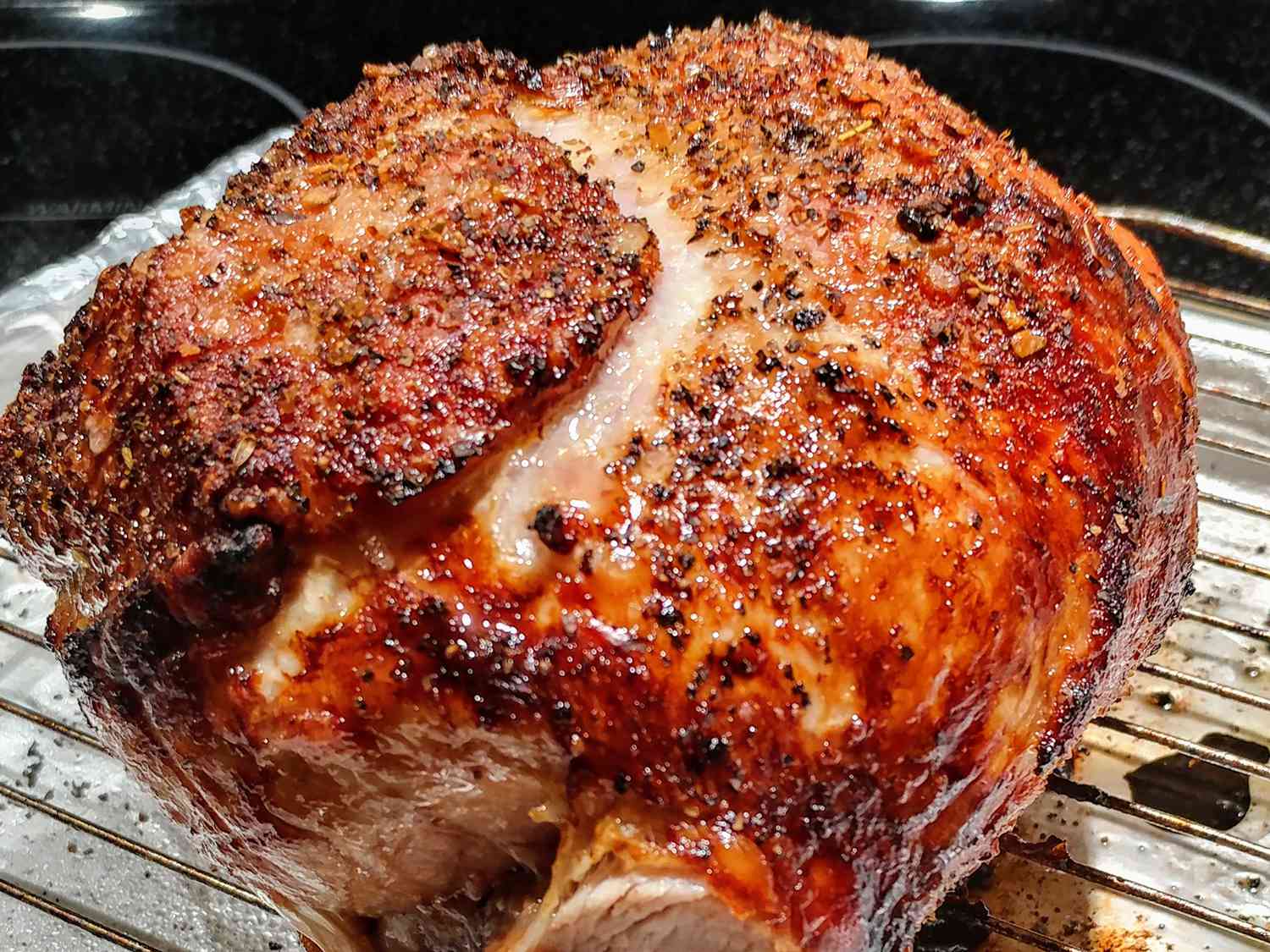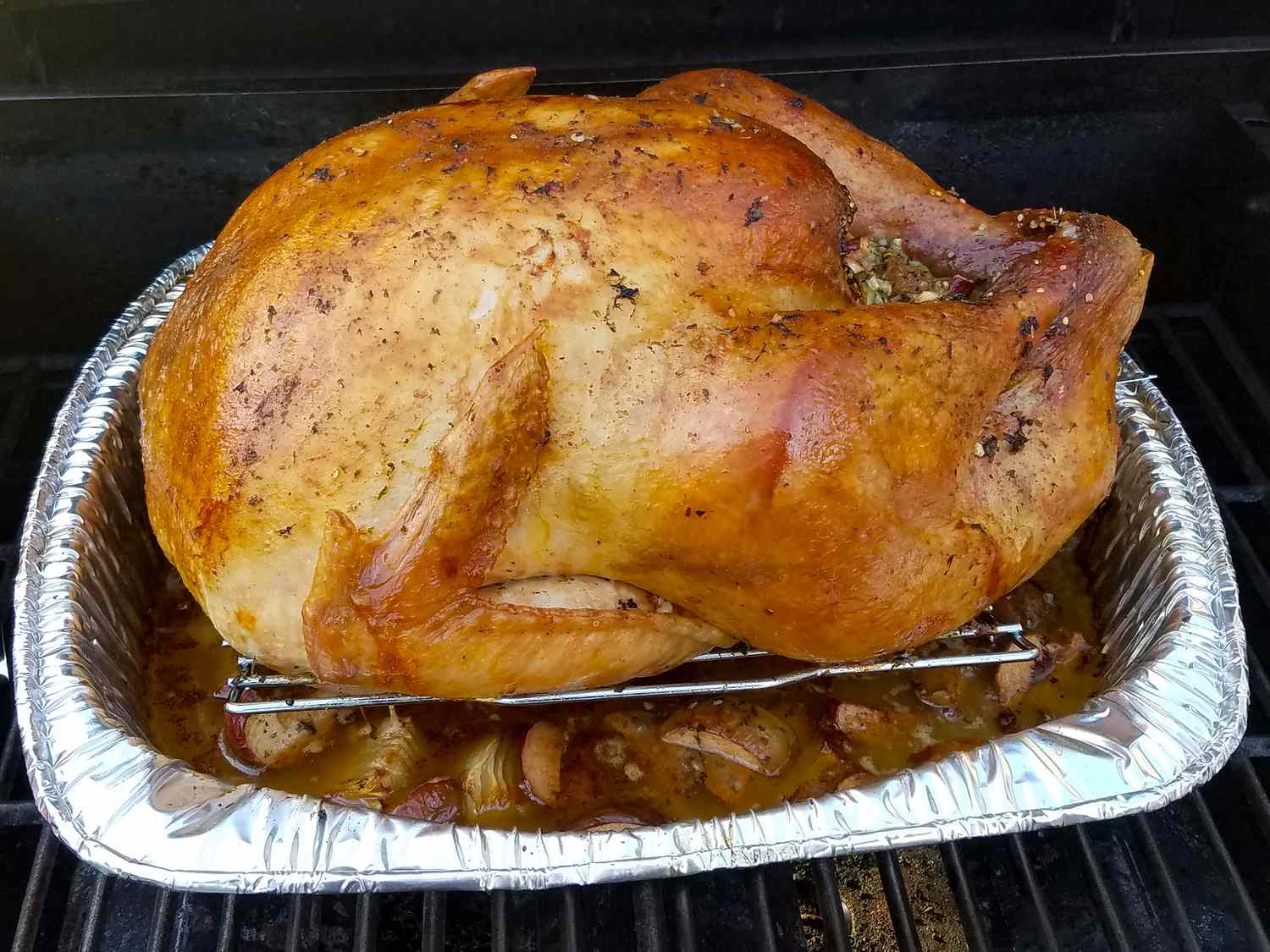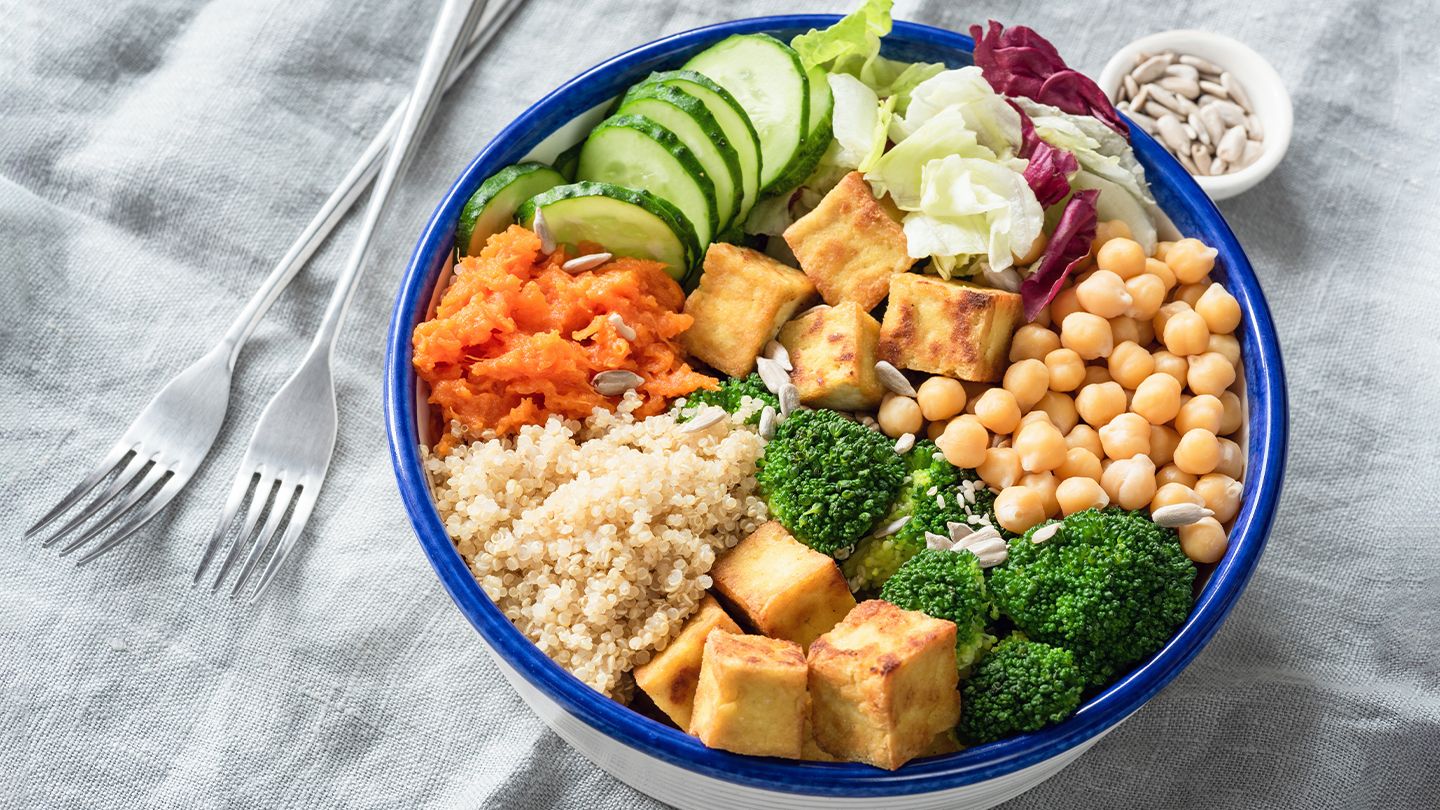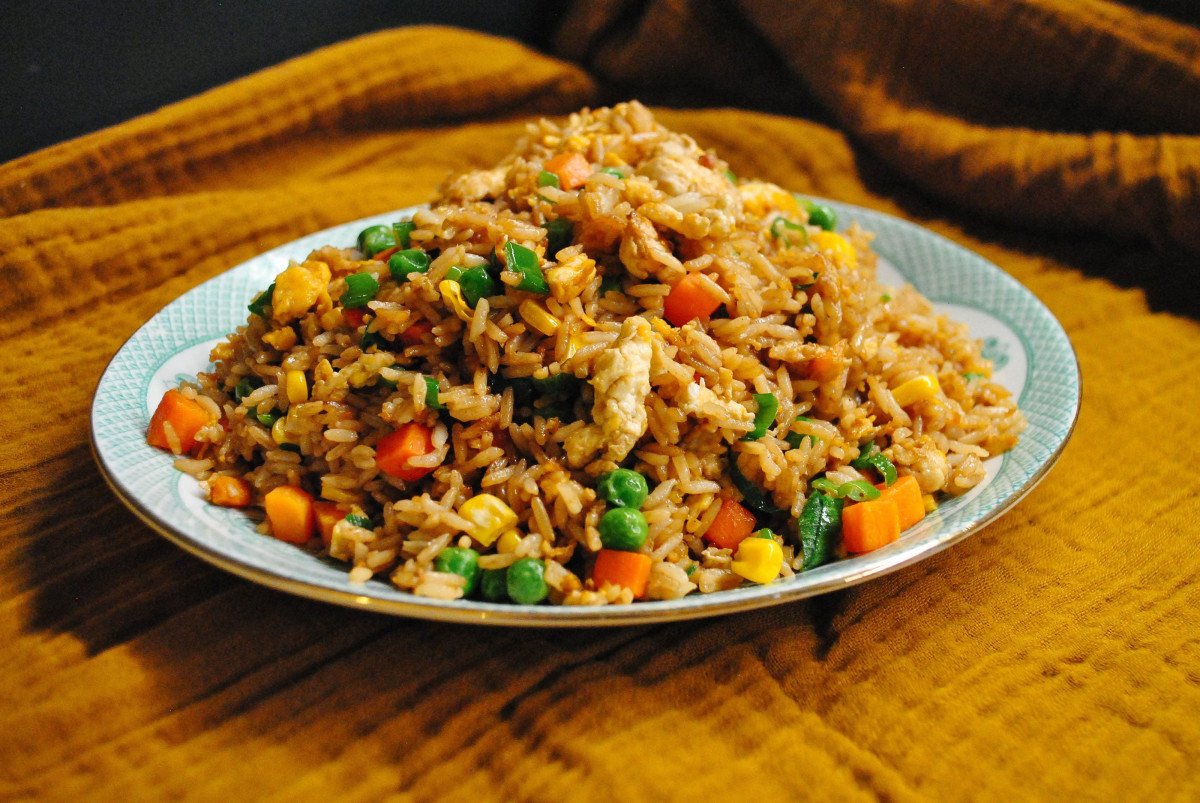10 Easy Healthy Pasta Recipes
Pasta is a versatile and delicious ingredient that can be enjoyed in a variety of ways. Whether you’re craving a comforting bowl of spaghetti or looking for a lighter, healthier option, we’ve got you covered. These 10 easy and healthy pasta recipes will satisfy your taste buds and keep you feeling satisfied.
1. Whole Wheat Spaghetti with Roasted Vegetables
Upgrade your traditional spaghetti by using whole wheat pasta, which is packed with fiber and nutrients. Toss it with a colorful array of roasted vegetables like bell peppers, zucchini, and cherry tomatoes. Drizzle with olive oil and sprinkle with fresh herbs for a burst of flavor.
2. Creamy Avocado Pasta
This creamy avocado pasta is a healthier alternative to traditional Alfredo sauce. Blend ripe avocados with garlic, lemon juice, and a touch of olive oil until smooth. Toss the sauce with your favorite whole wheat pasta and garnish with cherry tomatoes and fresh basil. It’s a guilt-free indulgence!
3. Zucchini Noodles with Pesto
If you’re looking to cut down on carbs, zucchini noodles are the way to go. Use a spiralizer to turn zucchini into long, spaghetti-like strands. Sauté them in a pan with a homemade pesto sauce made from basil, pine nuts, garlic, and olive oil. Top with grated Parmesan cheese for an extra touch of flavor.
4. Lemon Garlic Shrimp Linguine
This light and refreshing pasta recipe features succulent shrimp tossed in a tangy lemon garlic sauce. Cook linguine according to package instructions, then sauté the shrimp in olive oil with minced garlic until cooked through. Toss the pasta with the shrimp and drizzle with lemon juice for a burst of freshness.
5. Veggie Pad Thai with Rice Noodles
Put a healthy twist on the classic Thai dish by using rice noodles instead of traditional ones. Sauté a colorful medley of vegetables like carrots, bell peppers, and bean sprouts in a tangy Pad Thai sauce made from tamarind paste, soy sauce, and lime juice. Add the cooked rice noodles and toss until well combined.
6. Caprese Pasta Salad
This refreshing pasta salad combines the flavors of a classic Caprese salad with cooked pasta. Simply mix cherry tomatoes, fresh mozzarella, and basil leaves with cooked fusilli or penne pasta. Drizzle with a balsamic glaze and garnish with cracked black pepper.
7. Greek Orzo Salad
Orzo pasta, also known as risoni, is the star of this Mediterranean-inspired salad. Cook the orzo according to package instructions, then mix it with chopped cucumber, cherry tomatoes, Kalamata olives, and crumbled feta cheese. Dress with a simple lemon vinaigrette and enjoy!
8. Pesto Chicken Penne
Give your pasta a protein boost by adding grilled chicken breast. Cook penne pasta until al dente, then toss it with a homemade basil pesto sauce. Add diced grilled chicken, cherry tomatoes, and a sprinkle of Parmesan cheese for a delicious and satisfying meal.
9. Roasted Red Pepper Pasta
Roasted red peppers add a smoky and flavorful twist to this healthy pasta recipe. Blend roasted red peppers with garlic, olive oil, and a touch of chili flakes for a spicy kick. Toss the sauce with your choice of pasta and top with fresh parsley.
10. One-Pot Broccoli Mac and Cheese
Indulge in a classic favorite with a healthy twist. Cook your pasta and broccoli together in one pot, then drain and return to the pot. Stir in a mixture of low-fat milk, grated cheddar cheese, and a little mustard for extra flavor. It’s cheesy, comforting, and packed with veggies!
These 10 easy and healthy pasta recipes are sure to become staples in your recipe repertoire. Whether you’re looking for a quick weeknight dinner or a dish to impress your friends and family, these recipes have got you covered. Enjoy the flavors and benefits of pasta without any guilt!
Was this page helpful?
Read Next: How To Cook Mexican Food











